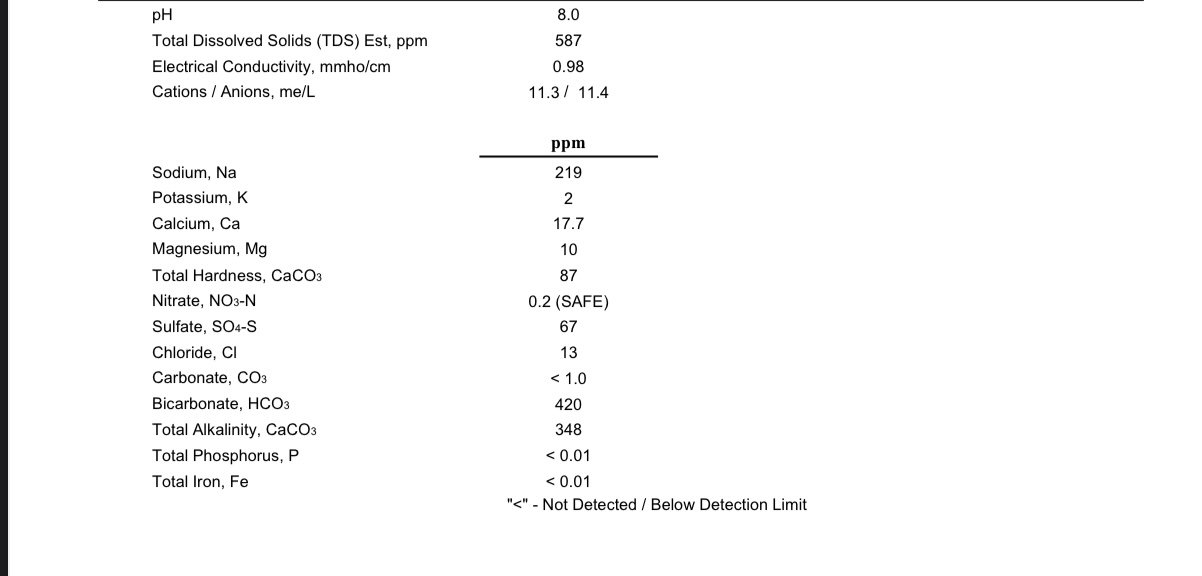AndyThePainter
Member
I’m new to the all grain world and just received my first Ward Labs Report. I’ve downloaded the Bru’n water, but I’m still unclear on what modifications are necessary. In addition, after the report I’ve installed an under counter filter, which l assume will also impact some of my readings. Any discussion is much appreciated!



